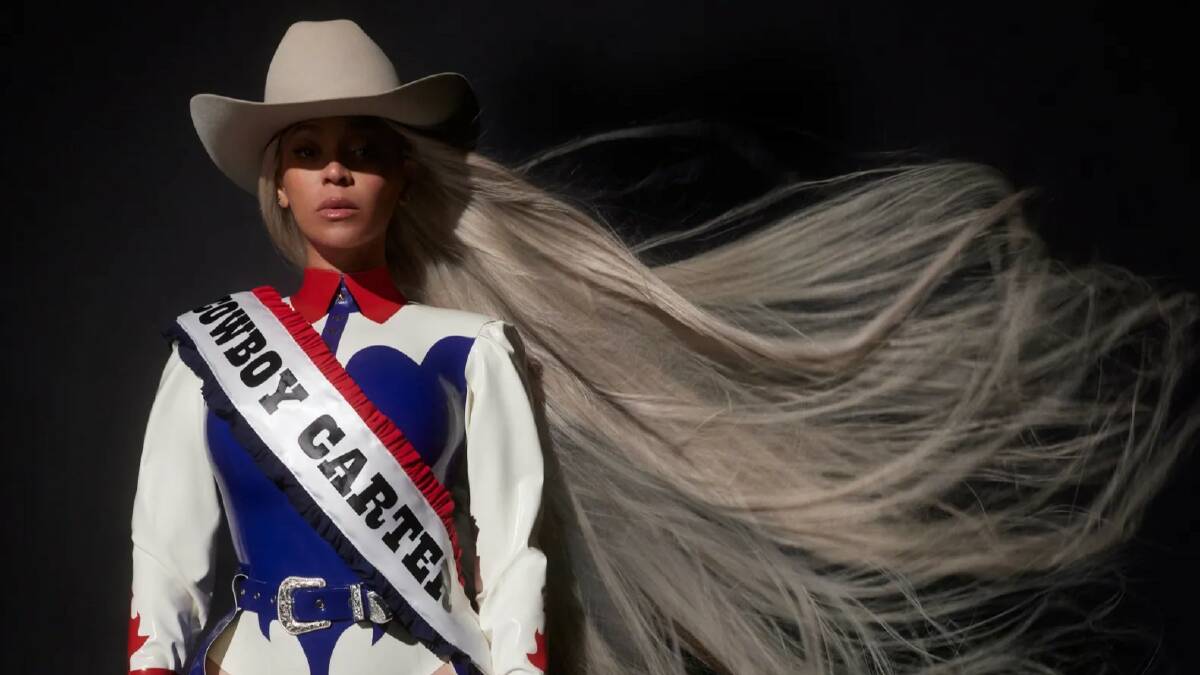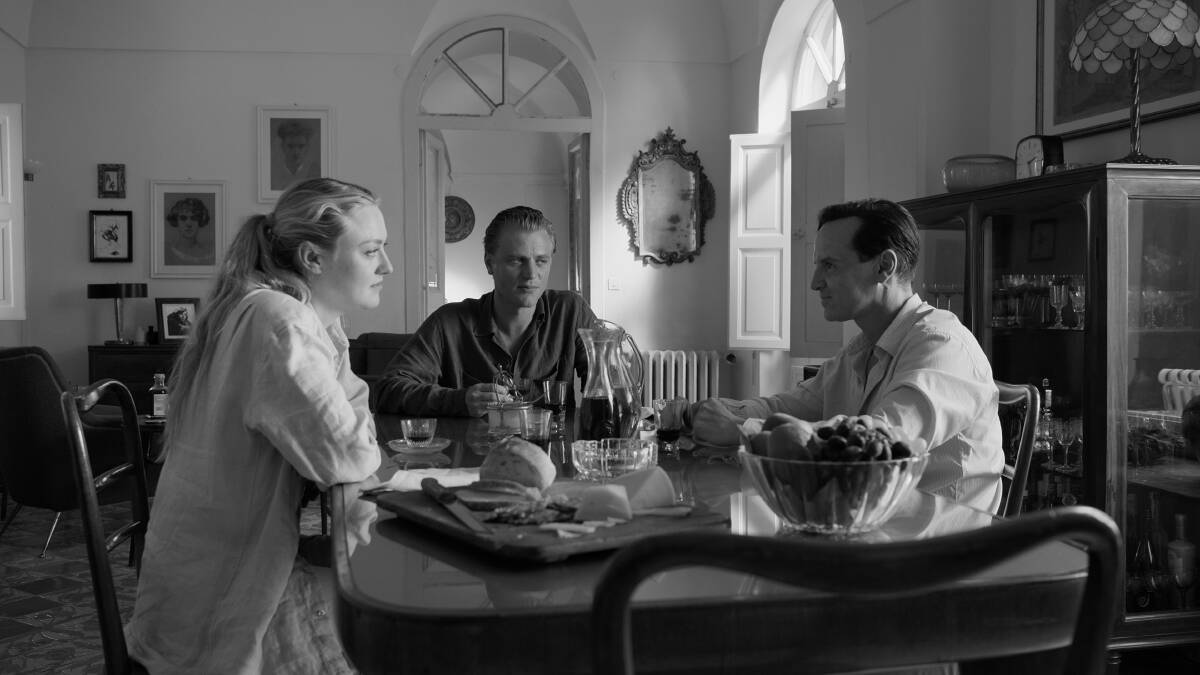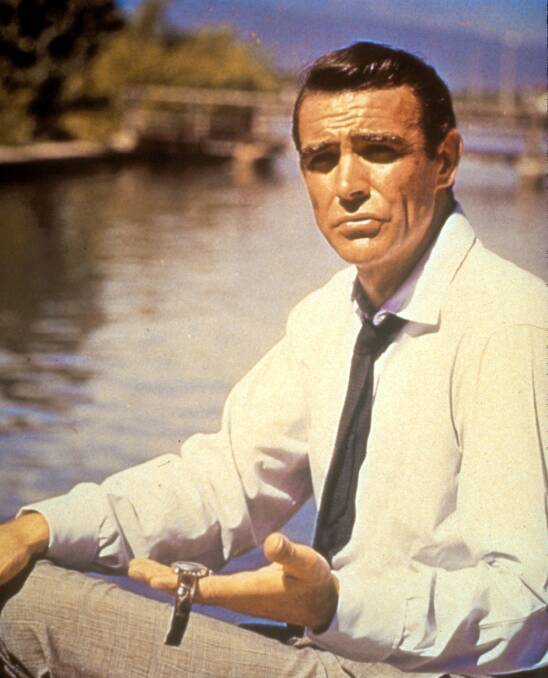Another cover, another controversy.
Beyonce's version, on her new album Cowboy Carter, of the Dolly Parton classic Jolene has drawn mixed reactions, pro and con, for its changes in the lyrics and different approach - assertive rather than pleading. Parton herself praised the new version, so there's no issue there. We could speculate as to the reasons - purism, politics, prejudice - for the less favourable responses. But why shouldn't songs have different interpretations?
It's a mark of success for a song to become a standard, lasting a long time and given different interpretations: Over the Rainbow and What a Wonderful World, indelibly associated with Judy Garland and Louis Armstrong respectively, together got a hit reworking in a simple ukulele-accompanied mashup by Israel "IZ" Kamakawiwo'ole.

Sometimes the cover versions are as acclaimed as the originals. Think of Joe Cocker's impassioned With A Little Help from My Friends compared to The Beatles' jauntier rendition or Jeff Buckley's Hallelujah, more intimate than Leonard Cohen's grandiose original. Sometimes they all but replace the sources: Elvis Presley's Suspicious Minds, Hound Dog, and Are You Lonesome Tonight are far better known than the original recordings by, respectively, Mark James, Willie "Big Mama" Thornton and Charles Hart.
Movie reboots, remakes and reimaginings also draw mixed reactions. With James Bond, it's expected the franchise will be "rebooted" periodically. People may differ on who the best Bond is (Sean Connery) but the need to recast when an actor leaves is not in itself controversial.

The idea of a female 007 predictably drew criticism, but it's arguably justified here: why not expand the franchise with other 00 agents rather than insert a "Jamie" Bond? It's not like there aren't successful female action leads - Wonder Woman and Ripley in the Alien movies, for example.
Some "all-female" reboots and spinoffs - notably Ghostbusters - haven't been well-received. While some of this is attributable to fanboy misogyny, much of it is in relation to the quality of the movies themselves and - a frequent criticism of Hollywood in general - the lack of originality and creativity.

Gus Van Sant's stunt remake of Alfred Hitchcock's Psycho - almost but not quite a shot for shot redo - was roundly panned; it didn't bring anything worthwhile to justify its existence.
On the other hand, John Carpenter's The Thing (1982) had impressive special effects to help differentiate from The Thing from Another World (1951), both adapted from a story by John W. Campbell.
Horror franchises and superhero movies often get reboots and sequels - Halloween, Friday the 13th, Child's Play, Spider-Man. You could argue this is revitalising them for new audiences (though the old ones haven't gone away).
Like the live-action/CGI remakes of Disney movies, it often comes off more as a way to squeeze more money out of the properties than for art, though there are exceptions (The Dark Knight).
Other new versions of existing material, however, do not attract vitriol simply because they're made.
Some.
Patricia Highsmith's manipulative killer Tom Ripley has appeared in several movie versions without anyone complaining and there's a new Netflix series with Andrew Scott. Each brings its own take on the character.
Likewise, there are multiple adaptations of many classic novels and plays - think Shakespeare and Jane Austen. They range from period versions to reworkings into teen movies (Emma became Clueless). Some are better than others, but there's little objection to the attempts. And sometimes a redo becomes the classic: with The Maltese Falcon, the third time, in 1941 with Humphrey Bogart, was the charm.
Maybe there's a snobbishness at work. We're used to different adaptations of "respectable" literary works, like multiple productions of a play, but remakes and reboots of some works, such as horror movies, are thought to be inferior by their very existence.
Making new works from old will continue.
Each should be judged on its own merits.


